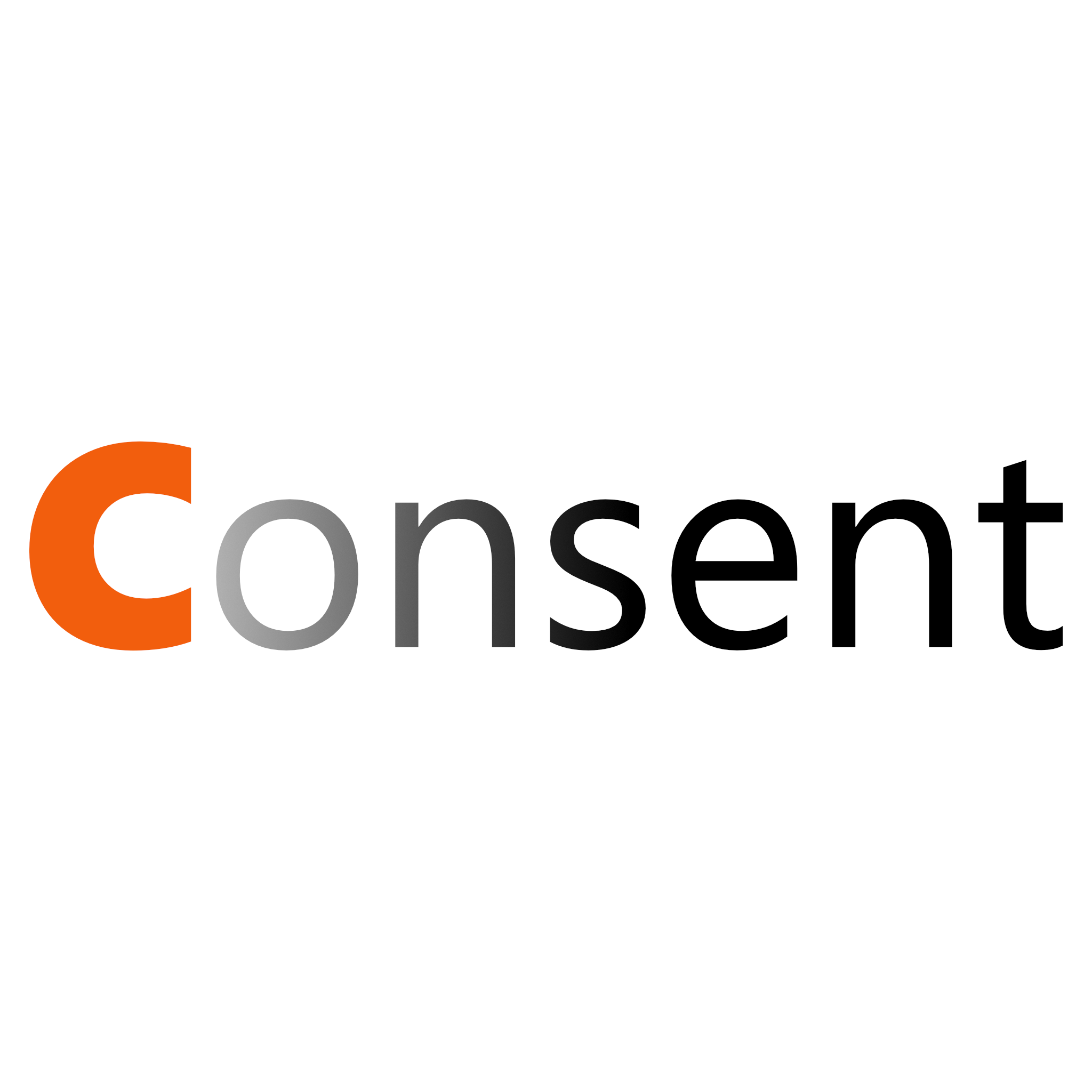
At a Glance
Consent is a library that makes permissions management in Android significantly easier.
How to Get Started
Add jitpack.io repository to your project:
allprojects {
repositories {
jcenter()
maven {
url "https://jitpack.io"
}
}
}
Then add Consent to dependencies list:
dependencies {
implementation 'com.github.igormatyushkin014:Consent:1.2'
}
Requirements
- Android SDK 23 and later
- Android Studio 3.3 and later
- Kotlin 1.3.20 or later
Usage
The main idea of Consent library is to keep all things as simple as possible. That's why all methods are available directly from Activity and Context instances.
You can use string permissions from Manifest.permission collection or special Permission type. Example:
val stringPermission = Manifest.permission.CAMERA
val permission = Permission.CAMERA
All public methods in the library give you a freedom to choose whether you want to use string values or built-in permissions. The Permission class gives you a little more flexibility, but you always can decide whether you need it.
Check Permissions
Lambda syntax:
checkConsent(
Permission.CAMERA,
Permission.WRITE_EXTERNAL_STORAGE
).whenFinished { result ->
if (result.hasBlocked) {
/*
* Some permissions are blocked.
* Let's learn how to retrieve them.
*/
result.blocked // Contains blocked permissions
result.allowed // Contains available permissions
} else {
// All permissions are available
}
}
Regular syntax:
val result = checkConsent(
Permission.CAMERA,
Permission.WRITE_EXTERNAL_STORAGE
).result
if (result.hasBlocked) {
// Handle blocked permissions
} else {
// All permissions are available
}
Another example of regular syntax:
val allowedAccess = !checkConsent(
Manifest.permission.CAMERA,
Manifest.permission.WRITE_EXTERNAL_STORAGE
).result.hasBlocked
if (allowedAccess) {
// All permissions are available
} else {
// Show warning to user
}
Both syntaxes are equivalent to each other and interchangeable. In other words, both of them return the same result. That's up to you which one to use.
Request Permissions
The same as previous example but replace checkConsent with getConsent:
getConsent(
Permission.CAMERA,
Permission.WRITE_EXTERNAL_STORAGE
).whenFinished { result ->
// Handle the result
}
Also, you have to override activity's onRequestPermissionsResult() method:
override fun onRequestPermissionsResult(
requestCode: Int,
permissions: Array<out String>,
grantResults: IntArray
) {
handleConsent(
requestCode,
permissions,
grantResults
)
}
Now, you're all set 🎉🎉🎉
Syntactic sugar
Since version 1.2 you can also check permissions directly from Permission object:
val result = Permission.CAMERA.checkConsent(
this
).result
Also, from array:
val result = arrayOf(
Permission.CAMERA,
Permission.WRITE_EXTERNAL_STORAGE
).checkConsent(this).result
Lambda version:
arrayOf(
Permission.CAMERA,
Permission.WRITE_EXTERNAL_STORAGE
).checkConsent(this).whenFinished { result ->
// Handle result
}
You can also request for single permission in similar way:
// Request single permission
Permission.CAMERA.getConsent(
this
).whenFinished { result ->
// Handle result
}
Request for multiple permissions:
arrayOf(
Permission.CAMERA,
Permission.WRITE_EXTERNAL_STORAGE
).getConsent(this).whenFinished { result ->
// Handle result
}
License
Consent is available under the Apache 2.0 license. See the LICENSE file for more info.
Programming Tips & Tricks
Code smarter, not harder—insider tips and tricks for developers.
#1
#2
#3
#4
#5
#6
#7
#8
#9
#10
Error Solutions
Turn frustration into progress—fix errors faster than ever.
#1
#2
#3
#4
#5
#6
#7
#8
#9
#10
Shortcuts
The art of speed—shortcuts to supercharge your workflow.
#1
#2
#3
#4
#5
#6
#7
#8
#9
#10
Made with ❤️
to provide resources in various ares.


















